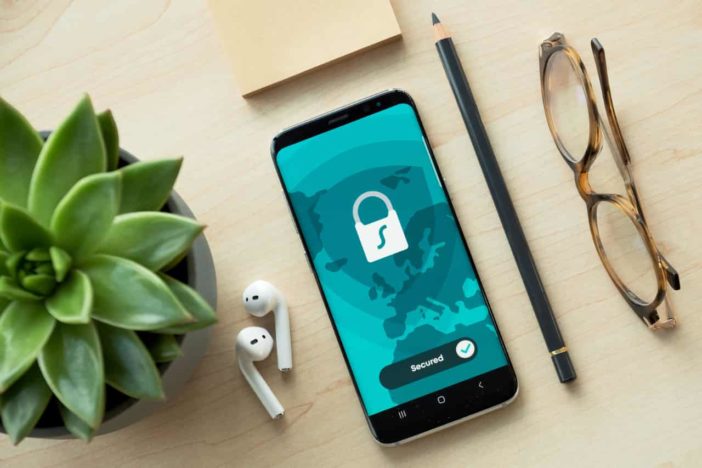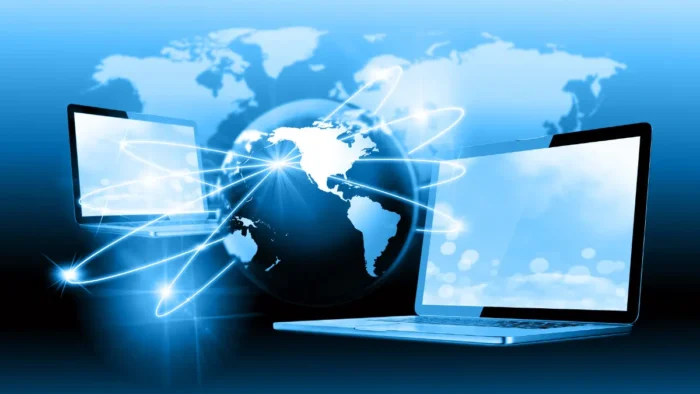When running a business in 2021, there is no doubt that a vast majority of your work is done via a computer or the internet. It’s just the way things are now. Long gone are the days of writing manual accounting books or having huge rooms filled with filing cabinets. The business has truly gone digital and software has become very important in business operations.
With digital business comes the need for computer protection. No matter what you do on your office computers, from banking to contracts, orders to invoices, you need to make sure you are protecting your data and privacy. If you are running a business, take a look at these key types of software that you should be using to protect your computers and the data you use.
The Threat of Cybercrime
Cybercrime is becoming an ever-present threat. It is estimated that there are over 100,000 attempts at cybercrime per day. These online criminals will do everything in their power to hack your computers, your internet history, and your data. The issue is that data can be extremely valuable to these hackers.
For instance, if you do your business banking online and have no protection, you are leaving your account details and passwords open to hacking, meaning you could lose lots of money. Another common reason for hacking and cybercrime is to access personal data. If you hold information on thousands of customers, this data can be sold by criminals. So, you need to make sure you are doing everything in your power to prevent any threat of cybercrime.
VPN
One of the most common types of software used is a virtual private network or VPN. A VPN helps to protect your online activity, browsing history, and data. VPNs are easy to use and understand and there are many choices for different VPN providers.
What It Does
So, what does a VPN do? Well, VPNs act as an extra network that effectively sits on top of your regular internet connection. Instead of any of your data being transmitted through your regular internet service provider, it goes through VPN networks and servers. These networks, sometimes referred to as tunnels, are heavily encrypted and protected. All your data is transmitted through them, meaning that even a sophisticated hacker would not be able to track your browsing data or collect any information from your online transactions. VPNs are slowly becoming seen as essential for business protection.
How Much It Costs
VPNs are relatively inexpensive to get started with. As you can see over at www.swagbucks.com/shop/nordvpn-coupons, there are plenty of deals to be found on VPN network pricing. Usually, a VPN is charged per user or device, with prices starting from as little as $3 per user. However, if you are growing your business at scale, you will likely be able to find a deal that covers your entire company in one monthly subscription cost. Compared to the cost of losing all your business finance or online data, a VPN certainly won’t break the bank!

Antivirus
Everyone has heard of antivirus software. The problem is, even with the best VPN set up, a virus on your computer could still be recording everything you do, rendering your VPN useless. Different viruses act in different ways. Some record your keystrokes and data, while others prevent you from working unless a ransom is paid. So, antivirus is a key part of your protection strategy.
What It Does
Antivirus software works by scanning your devices regularly for any unwanted viruses or software. If anything suspicious or malicious is found, it will report back to you while automatically removing the threat. Antivirus companies constantly track new viruses as they are created and released, adding them to the database the software has to draw from. In some cases, the software will be able to detect exactly when the virus was installed and how it got to be there, helping you to not repeat the same mistake.
How Much It Costs
In most cases, antivirus software is licensed to a set amount of devices. For small companies, you can expect to pay around $30-40 per computer or around $200 for protection for groups of around 10 devices. If your business is at a much larger scale than this, you will pay less per device, or receive special corporate pricing offers.
Firewall
Even with the use of a VPN, sometimes things still slip through the cracks. You can still accidentally download a virus on a VPN network, or mistakenly connect to a sinister website. This is where the firewall comes in. Combined with a VPN and antivirus software, a firewall is the final piece of the security puzzle.
What It Does
As the name suggests, a firewall is like a wall between two networks. In most cases, it’s a protective barrier between the internet and your internal network. Firewalls are constantly active, whenever you have an internet connection. They will work to a set of predetermined rules, scanning everything that enters through the network. If there is a software or file that is determined to be suspicious, your firewall will either block it or ask you to manually decide whether to download this item or not. They are extremely useful on office computers – if you don’t protect the incoming data on one computer, you could infect your whole local network with viruses.
How Much It Costs
A firewall system is sometimes tied into one package with your antivirus software. If you choose to look for a firewall separately, though, the prices are quite similar. A firewall to protect an entire small business could cost anywhere in the region of $500-1500, as a one-off fee. However, using it alongside a VPN and antivirus software will ensure that you never lose a penny to hackers – ever!
Using these three software types at the same time provides your office and your computers with the ultimate level of protection. Avoid scams, hackers, and cybercriminals from day one by having all of these products installed on your corporate computers. No matter how much it costs, it will never cost your business as much as a major data leak might!





